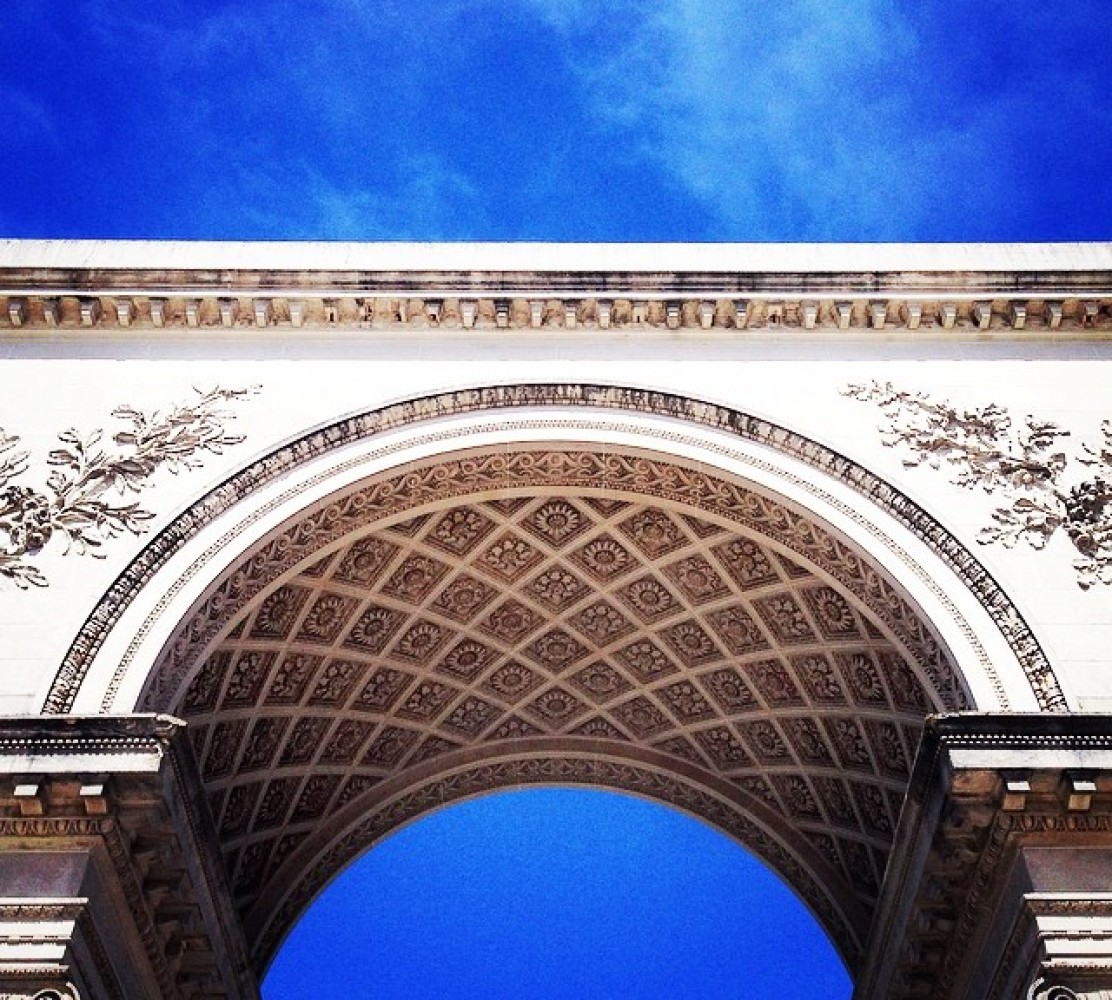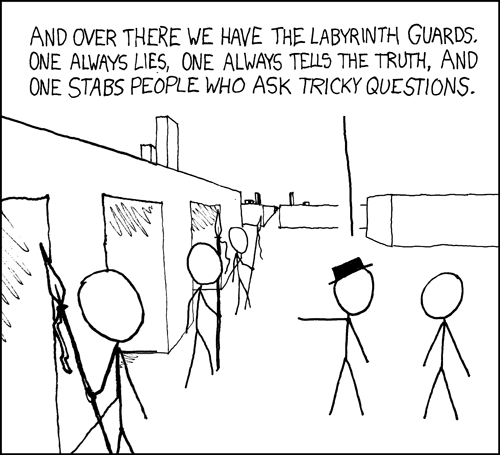You are an island, surrounded by a sea of experience.
Through courage and faith, you build your mountain,
Protecting your island with strength and resilience.
In this world, we are but a child exploring this piece of land
Roaming in the wilderness, playing by the shore
building sandcastles, until we are part of the beach’s sand.
So, what makes you happy?
Every game night, we play a game where the host asks a question and the guests write the answers down in a sheet of paper. All those papers are dumped into a hat, and then the host reads the answers aloud without passing them out to anyone else. The whole goal is to have the guest figure out who answered what.
Some of the awesome questions mentioned were:
What is the thing you wish you could do that has no negative consequence?
What is one of the craziest dreams you wish to accomplish?
If you were given a billion dollars today to spend only, what would you do? (someone said buy an iPod and break it…just one).
Anyhow, what boggles my mind a lot when I interact when people is the simple question of What Makes You Happy?
Easy question to ask, super hard to answer. Been really thinking about how to best answer that question through implementing the answer rather than answering it. So far, I’ve accomplished in completing/achieving some of them:
- Compose/Produce music.
- Organize events.
- Being as helpful as possible (In Progress, possibly always In Progress)
Given what has happened so far, the stuff above are short term goals that well brighten my day for a bit and then I will embark in the journey in pursuit of happiness.
Some of the ideas I had in mind for a while:
- Start a business (somewhere, somehow, someplace).
- Travel for service (Gap year, serve somewhere, Engineers without Borders or something in that line…) – Personally, I am still not sure about this as my anxiety > happiness.
- Family (which involves feeling of security, prosperity, stability, unity….etc)
Too short honestly, but that’s what I feel deep in my heart at present as to what I wish to accomplish sometime soon in the near future. Yay for uncertainty!
MATLAB Algorithm to compare two images
Imagine you have two images of the same size and shape; however, there are differences between the images (like a game of spot 10 different things). MATLAB is the baws:
im = double(imread('input.jpg'))/255;
imsize = size(im);
width = imsize(2)/2;
imdiff = abs(im(:,1:width,:) - im(:,(width+1):end,:));
imwrite(imdiff, 'result.jpg');
The output will generate areas of difference.
Math, you’re the bomb!
Sokoot
So it has began, the moment of reason
Where the soul has been accused of abasement and treason
Facing the Judge, the jury by His side
The angels watching closely, as the soul is being tried
“Tell us of your story, tell us of yourself
Give us your perspective, one which we can serve.”
It closes its eyes, beginning to recall
The moments of its happiness, and the moments of its fall.
“You’ve given me all that I could wish for, given me the best gifts in hand
A career for me to flourish, a family that always stands
Beside me during my hardships, they assist me whenever they can,
And friends that I truly cherish, withstanding my pain and plans.
However, spring came with a surprise, stripping me away from life.
It lead me to the realm of hell, filled with tears and internal strife.
It drenched my heart, drowned my joy
Crushed my confidence, broken like a toy!
I found no justice to what has happened to me,
for I have given it my all; trust, love, and loyalty.
Yet despite it all, I’ve been left behind
Leaving me hopeless, tormented and blind…
Where should I begin?
Where should I go?
Would it even matter?
Would I ever know?
Why did it end the way it has ended?
Why there wasn’t a chance?
Have I done wrong to that person?
Or was this part of a plan?
The room was silent, the plaintiff comes
She faces the soul, her words were glum
“You have more questions than you have have answers,” she said,
“But it doesn’t give you the rights!” Her emotions were flared
Why was the soul being tried, why were it so cold?The angels heard patiently, as the story began to unfold.

Don’t Panic – Coldplay (Cover)
Jamming with Roya at 2 AM
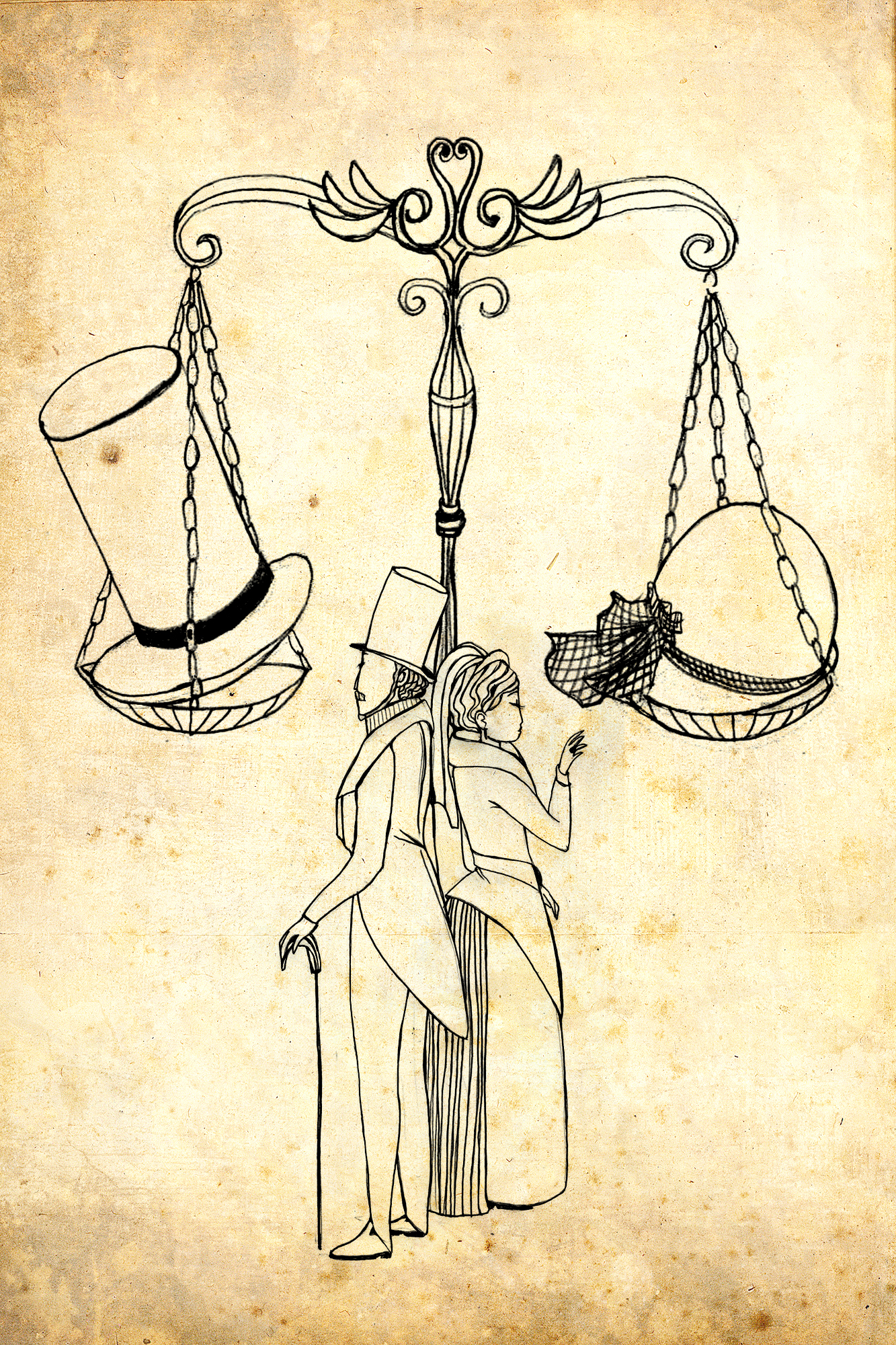
Women and the World
In the teachings of the Baha’i Faith, women are considered as important elements in our society that promote education, spiritual and ethical values, and instruments that direct their energies in social growth and prosperity. Unfortunately, there exists many inequalities against women in both the East and the West. For example, in the current global economy, institutions and organizations hold the view that women are not “rational” for decision processes since they believe they are emotionally motivated and that women base their judgement on impulsive motives (University of Louisiana at Lafayette Thesis by Roslin Growe and Paula Montgomery – Women and the Leadership Paradigm: Bridging the Gender Gap). Other stereotypes include that women are not “educated” enough to be leading workers in an organization. Unfortunately, such prejudices lead to women being discouraged from attaining higher goals, or values, in their lives. According to the 2007 Census for the United States, from the 210,019 individuals who participated, woman are 50.1% of the working industry. However, the mean, or average, income of women is 62% of the mean income of working males in the industry.
Even though there are global forces that are working in narrowing the gap between male and females, certain cultural elements in our society and even media pressures them through the negative stereotype that is amplified in our economic system. What’s even more disheartening is that the effect of such stereotypes and mental framework are directly effecting the performance of women, too. In the book Predictably Irrational – The Hidden Forces that Shape our Decisions, Dan Ariely discusses the influence of our environment in our decision making through series of experiments conducted by scientists, behavioral economists and psychologists. In chapter 9, “The Effect of Expectations – Why the Mind Gets What It Expects,” Ariely describes an experiment testing Asian American and women stereotypes, he states:
“Research on stereotypes shows not only that we react differently when we have a stereotype of a certain group of people, but also that stereotyped people themselves react differently when they are aware of the label that hey are forced to wear (in psychological parlance, they are “primed” with this label). One stereotype of Asian-Americans, for instance, is that they are especially gifted in mathematics and science. A common stereotype of females is that they are weak in mathematics. This means that Asian-American women could be influenced by both notions…Those who had been reminded that they were women performed worse than those who had been reminded that they were Asian-American. These results show that even our own behavior can be influenced by our stereotypes, and that activation of stereotypes can depend on our current state of mind and how we view ourselves a the moment.”
In my opinion, it is a shame that such prejudice holds in our community when in fact women are the first educators of the child.
The question to now ask are:
What is the role of women in the society?
What purpose do their role play?
And how can we eliminate these prejudices from our community?
To help you answer these questions, I have gathered some beautiful quotes from Baha’i Writings, Philosophers and other renowned figures. I believe that these quotes are universal, and are suitable for this current time and age for our society to diagnose this prejudice and heal the wounds and the suffrage that women felt. I hope you enjoy them as much as I did:
Women, Education and Abolition of War:
“…imbued with the same virtues as man, rising through all the degrees of human attainment, women will become the peers of men, and until this equality is established, true progress and attainment for the human race will not be facilitated.
The evident reasons underlying this are as follows: Woman by nature is opposed to war; she is an advocate of peace. Children are reared and brought up by the mothers who give them the first principles of education and labor assiduously in their behalf. Consider, for instance, a mother who has tenderly reared a son for twenty years to the age of maturity. Surely she will not consent to having that son torn asunder and killed in the field of battle. Therefore, as woman advances toward the degree of man in power and privilege, with the right of vote and control in human government, most assuredly war will cease; for woman is naturally the most devoted and staunch advocate of international peace.”
– ‘Abdu’l-Bahá, The Promulgation of Universal Peace: Talks Delivered by ‘Abdu’l-Bahá During His Visit to the United States and Canada in 1912, p. 375
First Educators of Mankind:
“The duty of women in being the first educators of mankind is clearly set forth the Writings. It is for every woman, if and when she becomes a mother, determine how best she can discharge on the one hand her chief responsibility a mother and on the other, to the extent possible, to participate in other aspect of the activities of the society of which she forms a part.”
– ‘Abdu’l-Bahá, Lights of Guidance, p. 619
Women should devote their energies to Sciences:
“Woman must especially devote her energies and abilities toward the industrial and agricultural sciences, seeking to assist mankind in that which is most needful. By this means she will demonstrate capability and ensure recognition of equality in the social and economic equation.”
– ‘Abdu’l-Bahá, The Promulgation of Universal Peace: Talks Delivered by ‘Abdu’l-Bahá During His Visit to the United States and Canada in 1912, p. 238
Liberation of Women can be achieved through equality:
“To be liberated, woman must feel free to be herself, not in rivalry to man but in the context of her own capacity and her personality.”
– Indira Gandhi, Selected Speeches and Writings of Indira Gandhi, September 1972 – March 1977
Being a mother and an instrument in the transformation of society:
“In my memoir, I wanted to introduce American women to Iranian women and our lives. I’m not from the highest echelons of society, nor the lowest. I’m a women who is a lawyer, who is a professor at a university, who won the Nobel Peace Prize. At the same time, I cook. And even when I’m about to go to prison, one of the first things I do is to make enough food and put it in the fridge for my family.”
– Shirin Ebadi, from 2006 interview by New America Media editor Brian Shott (translator, Banafsheh Keynoush) about her newly released book, Iran Awakening: A Memoir of Revolution and Hope
Education can unleash the potential of women:
“The woman who is forbidden to educate herself save in the duties of the servant, or is limited in her educational pursuits is indeed a slave, because her natural instincts and God-given talents are subordinated in deference to her condition, which is tantamount to moral enslavement.”
– Qasim Amin, Al-Marat Al Jadidah
Education can reveal the treasure of our capacities:
“Regard man as a mine rich in gems of inestimable value. Education can, alone, cause it to reveal its treasures, and enable mankind to benefit therefrom.”
– Baha’u’llah, Tablet of Maqṣúd

Moral Education and Economics
It is evident that the economy of any system has multiple factors that affects its progress or development. Each system – whether it is a country, corporate, school, or home – have unique factors that affects their economic growth. However, there are some factors that are common throughout all, and I mean ALL, systems. One of them is moral, or spiritual, education.
Now, what in the world is Moral Education? And how does it affect the systems mentioned?
According to Wikipedia:
“[Moral Education] is the term given to education concerned with religion. It may refer to education provided by a church or religious organization, for instruction indoctrine and faith, or for education in various aspects of religion, but without explicitly religious or moral aims.”
Of course, some may roll their eyes when the world religion comes about. It is understandable. It is a sad fact that humanity has destroyed the true spiritual foundation of religion with false dogmas, interpretations, and traditions. Religion, to some, is seen as the method to brainwash people, or source of violence, or a source of ignorance and denial, or simple stupidity. Of course, the same mentality exists when we people blame the economy rather than the people that run the economy. To explain this problem, I would like you to ponder on this quote by ‘Abdu’l-Baha about moral education:
“With political questions the clergy, however, have nothing to do! Religious matters should not be confused with politics in the present state of the world (for their interests are not identical). Religion concerns matters of the heart, of the spirit, and of morals. Politics are occupied with the material things of life. Religious teachers should not invade the realm of politics; they should concern themselves with the spiritual education of the people; they should ever give good counsel to men, trying to serve God and human kind; they should endeavour to awaken spiritual aspiration, and strive to enlarge the understanding and knowledge of humanity, to improve morals, and to increase the love for justice.”
– Paris Talks, p. 158
Now that the definition of moral education is unveiled, what morals are we talking about?
Morals are basic principles, or ethical codes, that shapes our understanding of what is right or wrong, or what is good or bad. This is the dry definition. In my opinion, morals are a set of tools that assist us to become a better individual, leading to the improvement of our community. Those morals include understanding, tolerance, respect, trust, truthfulness, love, humility, cooperation and striving for excellence.
Those set of morals are essential elements that strengthen the foundation of our society, which directly and indirectly affect our economic progress.
For example, based on personal experience:
The United Arab Emirates is a country with high potential of growth due to its wealth in oil and current human resources. However, due to prejudice among some individuals; such as racism, sexism and even religious hatred, they have barred themselves from attaining such potential. It happens in many forms, one form is that an unqualified person takes a high responsibility position at work, while a colleague of his, who is qualified and happens to be of a different race that is considered second class among the local culture, holds a lower position. Ironically, in all schools in the United Arab Emirates, they teach Islamic Values and ethics. They have taught us moral values, critical thinking and interesting historical eras. Yet, they haven’t correlated those concepts with the condition present in our society. Every individual absorbed the Teachings as set of information, memorized them (or being told to memorize them); not being told how those Teachings can be channeled through our daily lives, or simply, understand the essence behind those Teachings. There are many more cases present in our society and community that reflect such dilemma. Which you can reflect yourself of what is limiting the potential of our community from growing.
Moral education is essential to the growth of the community. It is important to foster those morals at a very young age; children and the youth. Starting with the roots of our society, those children and youth have the potential, power and capacity to learn and apply those moral values in their lives, which in turn will influence the community around them as they become more aware of the problems in our society; such as poverty, environmental concerns, and injustice.
The current method used to direct our society to follow the codes and ethics of the community is found most of the time in the form of punishment. Rarely have we seen in our media, education or even in conversations individuals laud the work of the good individual. It somehow seems that it has been shaped in our mind that the only way we learned to do good, or act in accordance to the rule of law is punishment.
‘Abdu’l-Baha, in Some Answered Questions, states:
“The communities are day and night occupied in making penal laws, and in preparing and organizing instruments and means of punishment. They build prisons, make chains and fetters, arrange places of exile and banishment, and different kinds of hardships and tortures, and think by these means to discipline criminals, whereas, in reality, they are causing destruction of morals and perversion of characters. The community, on the contrary, ought day and night to strive and endeavor with the utmost zeal and effort to accomplish the education of men, to cause them day by day to progress and to increase in science and knowledge, to acquire virtues, to gain good morals and to avoid vices, so that crimes may not occur. At the present time the contrary prevails; the community is always thinking of enforcing the penal laws, and of preparing means of punishment, instruments of death and chastisement, places for imprisonment and banishment; and they expect crimes to be committed. This has a demoralizing effect.
But if the community would endeavor to educate the masses, day by day knowledge and sciences would increase, the understanding would be broadened, the sensibilities developed, customs would become good, and morals normal; in one word, in all these classes of perfections there would be progress, and there would be fewer crimes.
It has been ascertained that among civilized peoples crime is less frequent than among uncivilized — that is to say, among those who have acquired the true civilization, which is divine civilization — the civilization of those who unite all the spiritual and material perfections. […] The reason is evident: it is because education and virtues prevent them.
Therefore, the communities must think of preventing crimes, rather than of rigorously punishing them.”
The economy, guided with the force of Moral Education, will achieve progress and development due to the power of knowledge, education and consciousness that fuels the momentum to pursue excellence. As individuals who will soon change the course of our community, we must strive, through patience and practice, to implement these values in our circle. And the best way to start is through being an example ourselves.
Baha’u’llah, Founder of the Baha’i Faith, states:
“Forget your own selves, and turn your eyes towards your neighbor. Bend your energies to whatever may foster the education of men.”
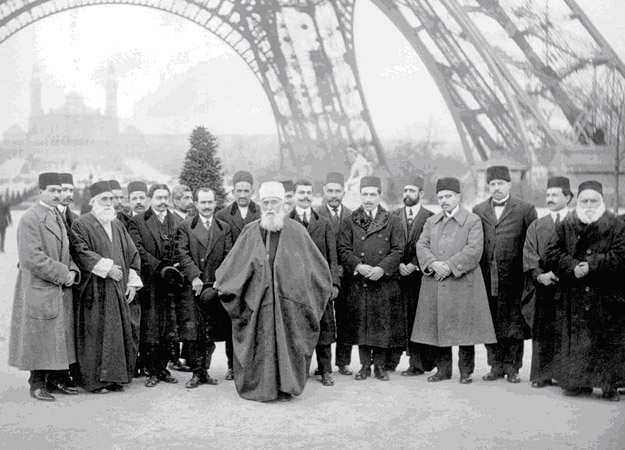
Pain and Sorrow – ‘Abdu’l-Baha, Paris Talks
PAIN AND SORROW
November 22nd, 1911
In this world we are influenced by two sentiments, Joy and Pain.
Joy gives us wings! In times of joy our strength is more vital, our intellect keener, and our understanding less clouded. We seem better able to cope with the world and to find our sphere of usefulness. But when sadness visits us we become weak, our strength leaves us, our comprehension is dim and our intelligence veiled. The actualities of life seem to elude our grasp, the eyes of our spirits fail to discover the sacred mysteries, and we become even as dead beings.
There is no human being untouched by these two influences; but all the sorrow and the grief that exist come from the world of matter — the spiritual world bestows only the joy!
If we suffer it is the outcome of material things, and all the trials and troubles come from this world of illusion.
For instance, a merchant may lose his trade and depression ensues. A workman is dismissed and starvation stares him in the face. A farmer has a bad harvest, anxiety fills his mind. A man builds a house which is burnt to the ground and he is straightway homeless, ruined, and in despair.
All these examples are to show you that the trials which beset our every step, all our sorrow, pain, shame and grief, are born in the world of matter; whereas the spiritual Kingdom never causes sadness. A man living with his thoughts in this Kingdom knows perpetual joy. The ills all flesh is heir to do not pass him by, but they only touch the surface of his life, the depths are calm and serene.
Today, humanity is bowed down with trouble, sorrow and grief, no one escapes; the world is wet with tears; but, thank God, the remedy is at our doors. Let us turn our hearts away from the world of matter and live in the spiritual world! It alone can give us freedom! If we are hemmed in by difficulties we have only to call upon God, and by His great Mercy we shall be helped.
If sorrow and adversity visit us, let us turn our faces to the Kingdom and heavenly consolation will be outpoured.
If we are sick and in distress let us implore God’s healing, and He will answer our prayer.
When our thoughts are filled with the bitterness of this world, let us turn our eyes to the sweetness of God’s compassion and He will send us heavenly calm! If we are imprisoned in the material world, our spirit can soar into the Heavens and we shall be free indeed!
When our days are drawing to a close let us think of the eternal worlds, and we shall be full of joy!
You see all round you proofs of the inadequacy of material things — how joy, comfort, peace and consolation are not to be found in the transitory things of the world. Is it not then foolishness to refuse to seek these treasures where they may be found? The doors of the spiritual Kingdom are open to all, and without is absolute darkness.
Thank God that you in this assembly have this knowledge, for in all the sorrows of life you can obtain supreme consolation. If your days on earth are numbered, you know that everlasting life awaits you. If material anxiety envelops you in a dark cloud, spiritual radiance lightens your path. Verily, those whose minds are illumined by the Spirit of the Most High have supreme consolation.
I myself was in prison forty years — one year alone would have been impossible to bear — nobody survived that imprisonment more than a year! But, thank God, during all those forty years I was supremely happy! Every day, on waking, it was like hearing good tidings, and every night infinite joy was mine. Spirituality was my comfort, and turning to God was my greatest joy. If this had not been so, do you think it possible that I could have lived through those forty years in prison?
Thus, spirituality is the greatest of God’s gifts, and ‘Life Everlasting’ means ‘Turning to God’. May you, one and all, increase daily in spirituality, may you be strengthened in all goodness, may you be helped more and more by the Divine consolation, be made free by the Holy Spirit of God, and may the power of the Heavenly Kingdom live and work among you.
This is my earnest desire, and I pray to God to grant you this favour.
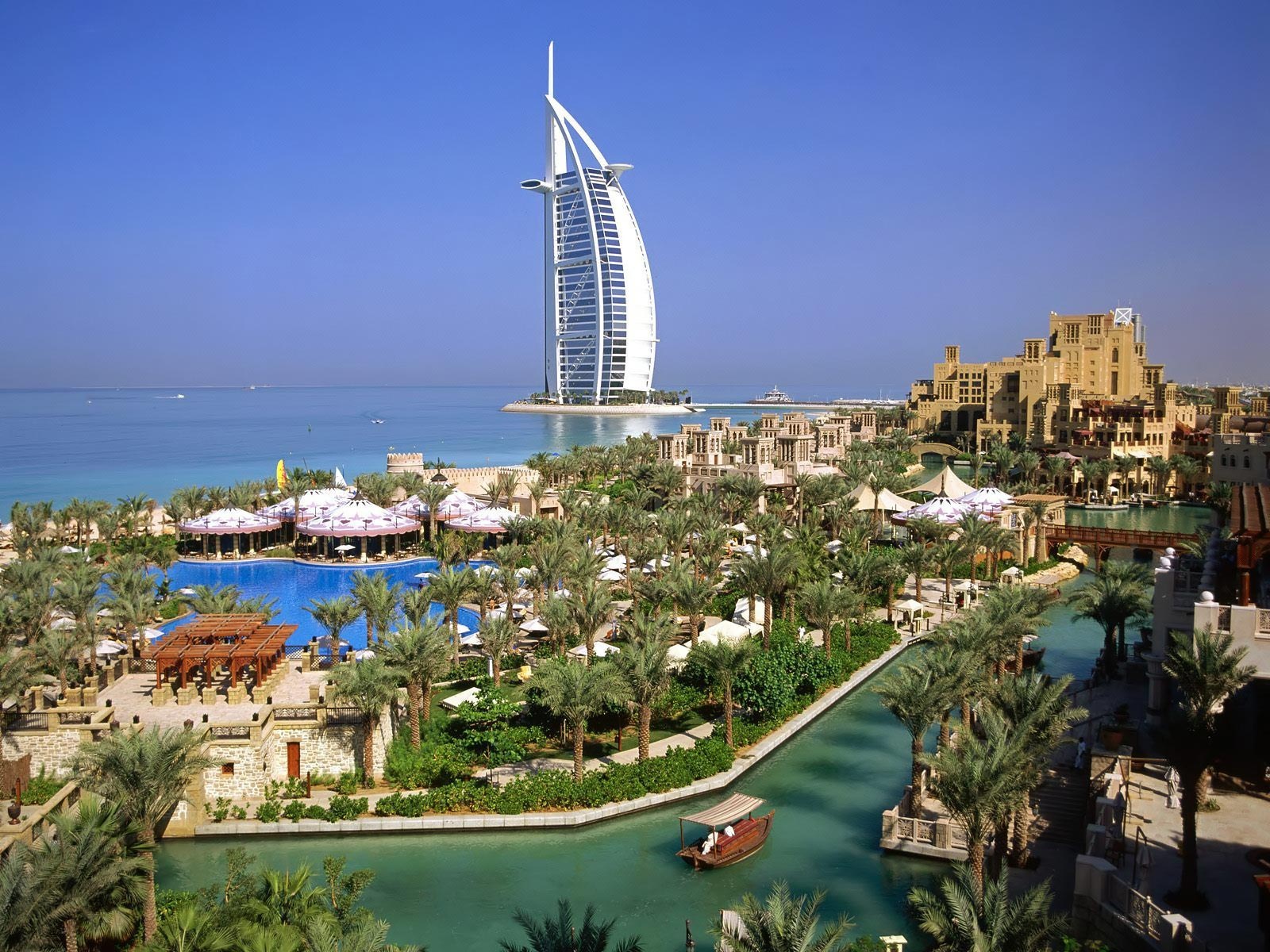
Dubai and Globalization
I made this as a project for college. It was for Sociology and Globalization class that was aimed to identify the effects of globalization. As an example, I showed how Dubai utilized some of the positive elements of globalization for its growth.
The following is the list of music I’ve used:
Hab Al Naseem – Firqat Dubai Al 7arbiya
Nara – E.S. Posthumus
Bana – Dubai Transportation
Man in the Box – Alice in Chain
Demolition – Nervecell
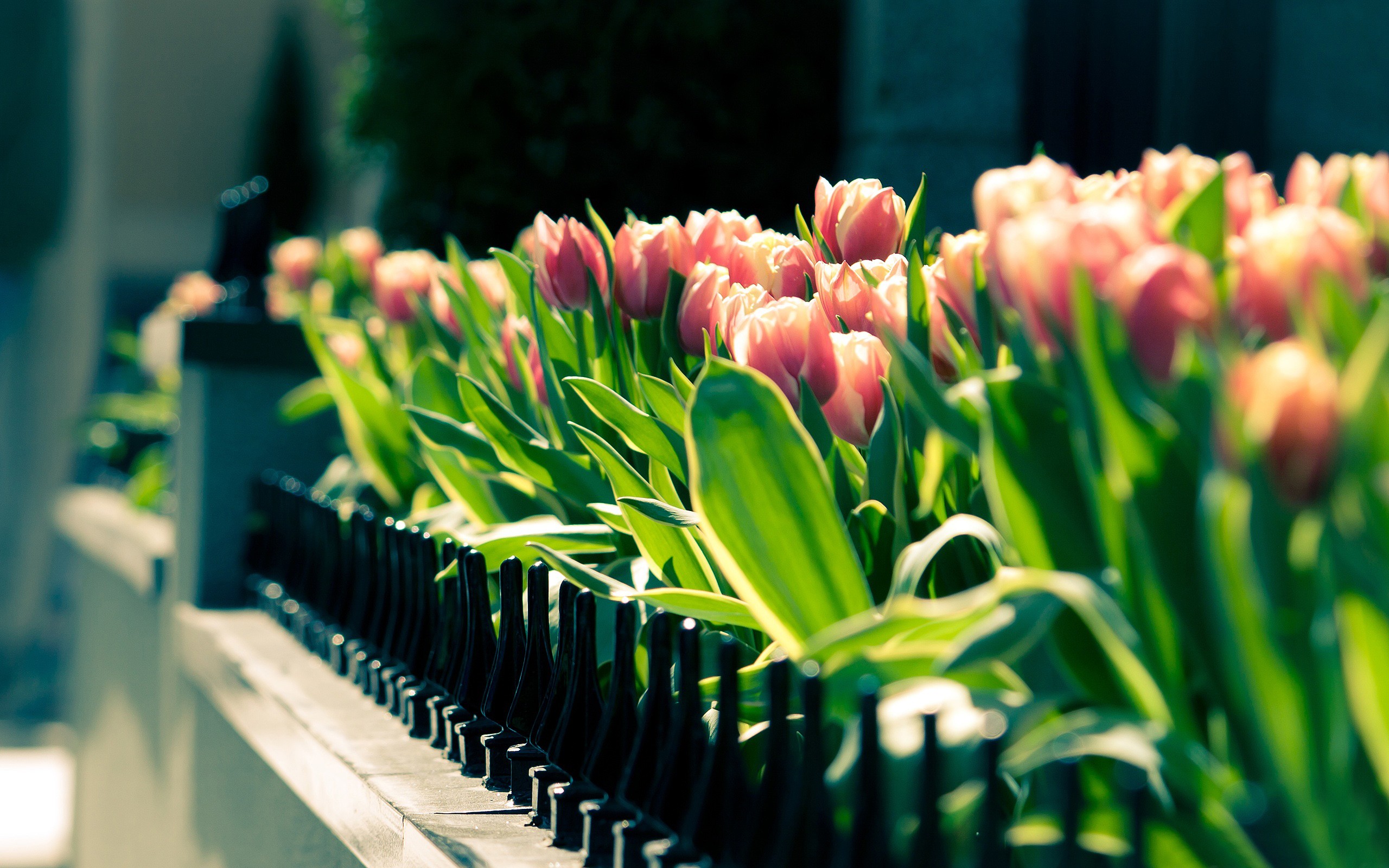
Love Poem
The wind of ecstasy passes through me
And the sign of our love is shown in a tree
The tree that have been planted by you and me
On its wood you engraved “I love thee”
You stood by me, replacing my misery
With laughter, joy and harmony
From your true love, your only love
To my beloved, my only beloved
